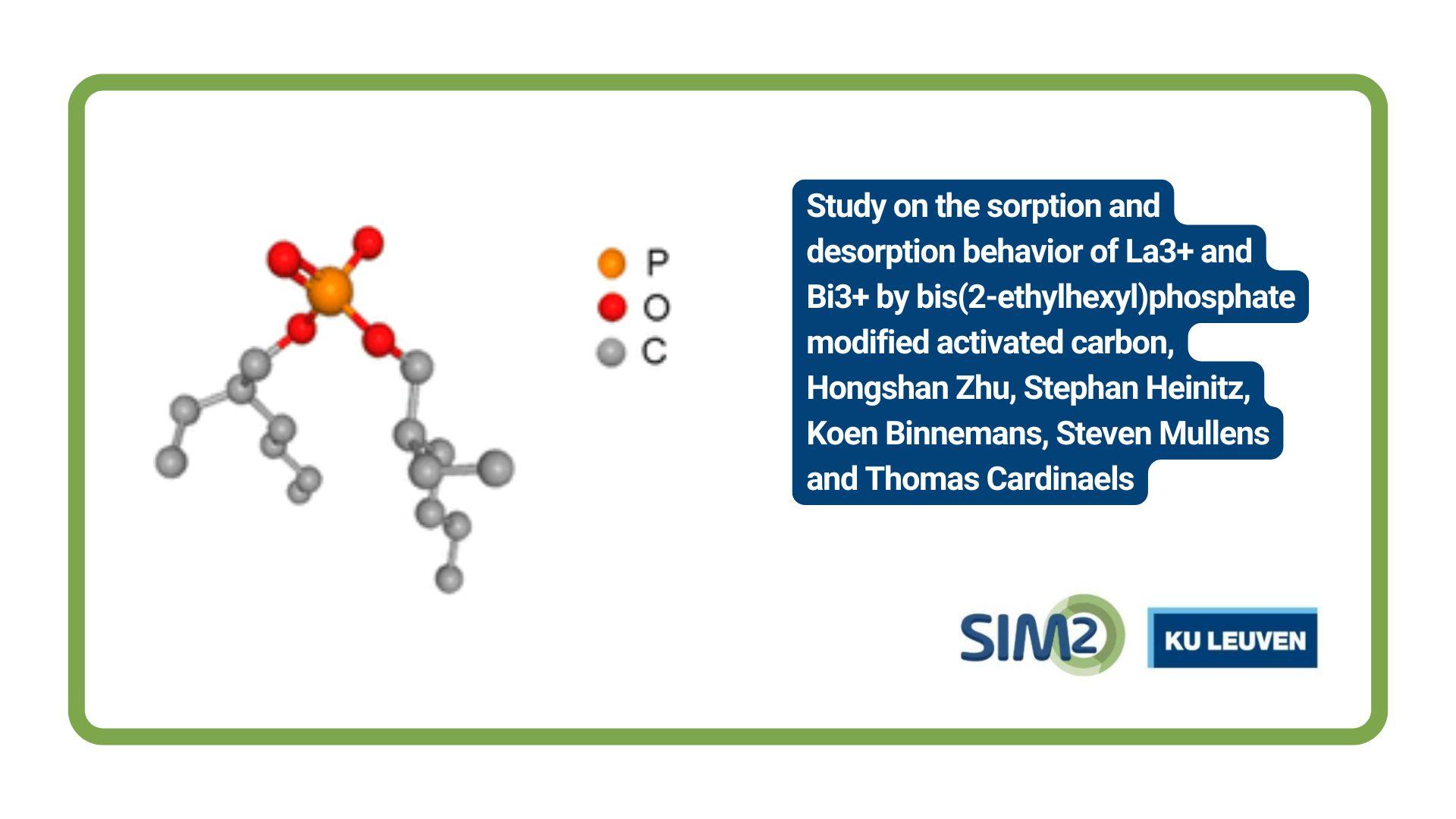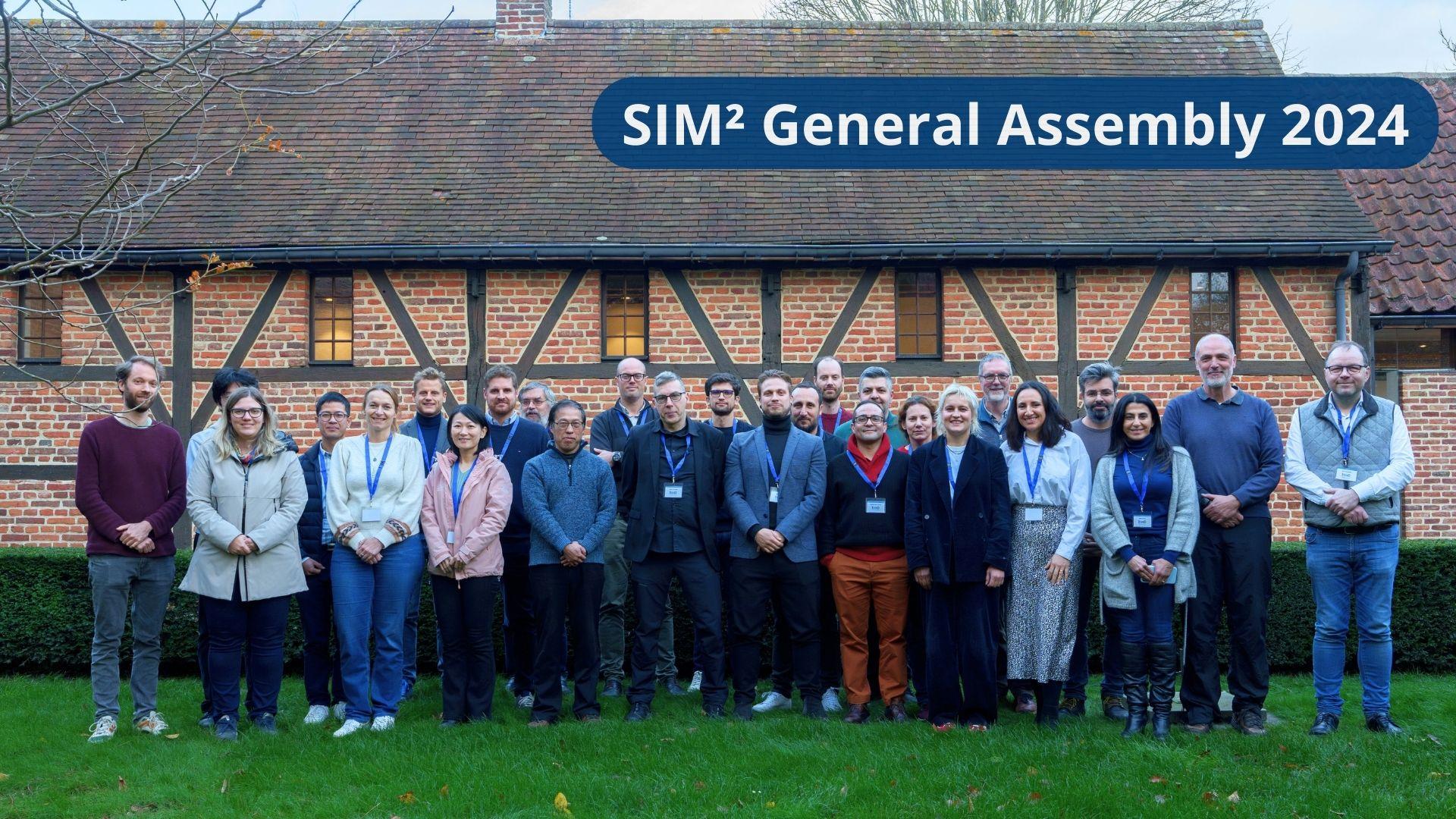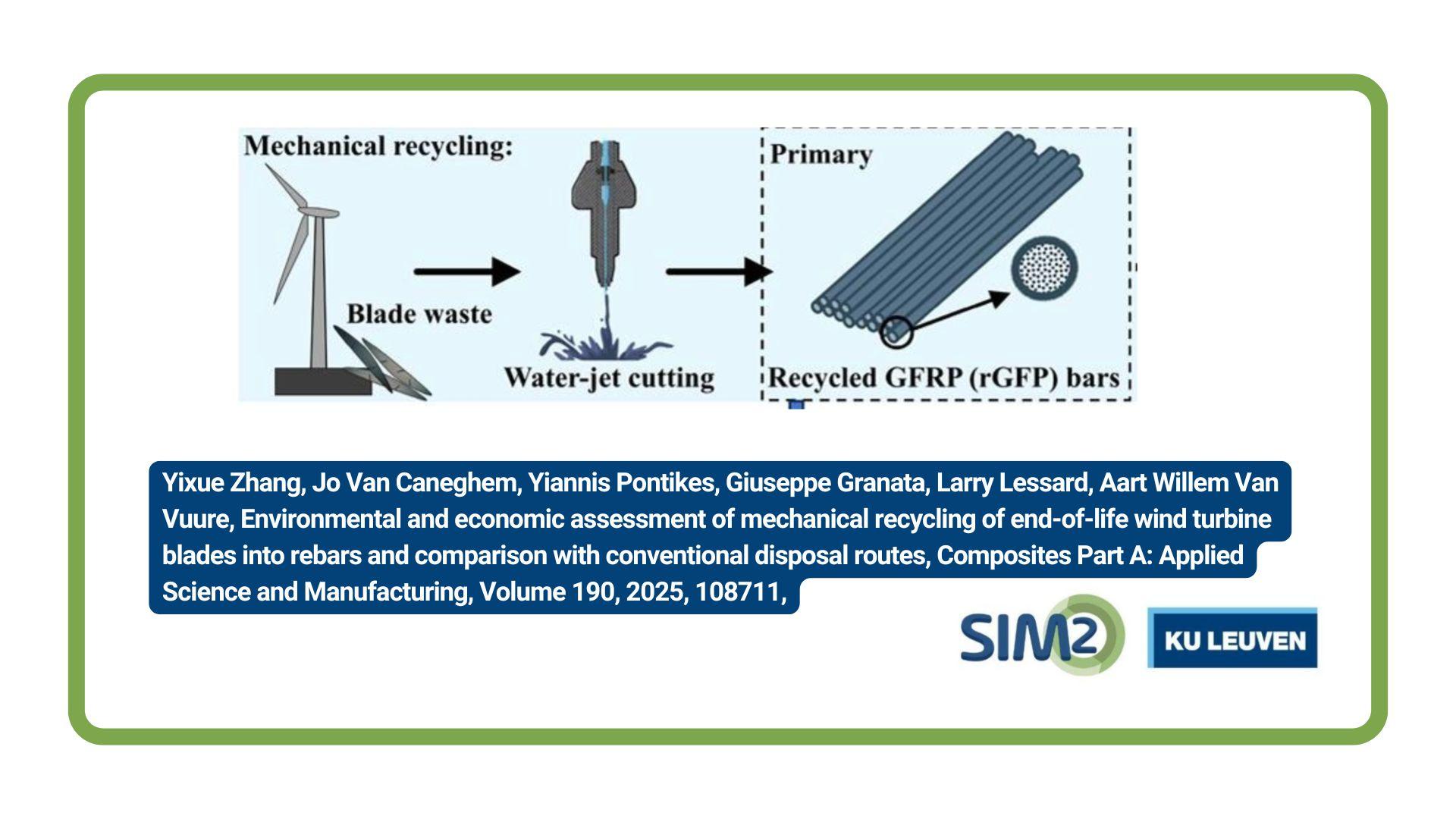At present, almost all that we consume goes in a direct or indirect way to a landfill, and from there, our waste starts to degrade itself producing greenhouse gasses and leaching a lot of toxic compounds which could contaminate our aquifers, our most pure source of water. The organic material starts degrading immediately, but the other fractions need up to hundreds of years to decompose definitively. In Europe alone, there are around 500.000 landfill sites. Although Europe can be considered as the most advanced continent in terms of waste management, 90 percent of the landfills are non-sanitary. That is means we don’t control them… Now, just imagine how many landfills our planet has.

What happens with the sanitary landfills? We recover most of the leaching solution, but not all of it because there is always infiltration… Also, we valorize part of the methane produced by the degradation of our biological waste, but only a small fraction. A landfill is a big hole which ends ups like a mountain after decades of exploitation. Some might think that is perfect and safe but no, it is not!
Our best scenario is not completely safe, but the typical scenario for waste management around the world can be described as a “WE-DON’T-CARE-SCENARIO” and we leave it to the future generation to solve this problem. Some say that “Ignoring a problem is a way to kill but without getting your hands dirty”.
But there is hope!
A new scenario exists and is being further developed! Enhanced Landfill Mining or ELFM is defined as the safe exploration, conditioning, excavation and integrated valorisation of landfill waste streams (historic, present and future) of both materials (Waste to Material ) and energy (Waste to Energy). Put simple, ELFM tries to use and push the technology to valorise the 100 percent of our waste.
Nevertheless, constructing this ultimate solution is not easy. As an engineer and scientist working in the area of waste management, I had several heated debates with colleagues and with persons without a technical background. As a society, we expect solutions without risk and often without funding. Zero risk is literally impossible. Only with determination, time and measures we can study the problem and find a solution. It is easy to say “we stop here and we solve it when the technology reaches a more advanced level”. However, who will develop a technology?
The brutal reality is that we produce waste because is too expensive to reprocess our undesirable outputs. ‘Expensive’ means… perhaps we could find a better solution but we make more profit with the current one. The question is what can be considered as economic and what not? Let me give you an overview of what we can do with our waste and then judge for yourself.
In our trash we find organics which can be recovered using several mechanical treatments. In fact several villages around Europe do it. Organics can be processed in biological reactors to produce methane, and then the sewage sludge of this reactor is treated and transformed in compost. Compost demand has been growing during the last years thanks to the high demand of bio-food. It usage reduces the use of agrochemicals and their negative environmental impacts that come with it.
If we separate the plastics from our waste, we may be able to recycle them into new products and thus avoiding the use of fossil fuels to create them. The rest of non-recyclable-plastic and some organics like wood can be incinerated to create energy and heating for houses. This incineration might reduce the consumption of natural gas.
Metals are the most valuable product in our waste: Iron, Aluminium, Copper, Lead, Zinc, Silver, and Gold are some of the metals that can be found there. Using different process, metals can be recovered. Doing this, not only we are reducing our economic dependency in primary raw materials but also we are avoiding traditional mining which is often highly polluting.
Minerals, after organics and plastics, represent the main residue. According to Eurostat, we are producing every year in Europe, 1.7 billion tonnes of different mineral waste, and we are using at the same time 2 billion tonnes of minerals from natural sources for construction materials. Do you really think that all these residues could not be reused in a more sustainable and ecological way? Today, scientists are proving new flexible forms of reprocessing mineral wastes into construction materials which can literally revolutionise the market.
But the use of this new technology depends on legislation. If the government decides that waste has to be upcycled, the world will literally move to a circular economy. Nevertheless, this is still far from reality. Governments and industries claim that recycling our waste in order to elude landfills is not economic, and this is true but only under our current economic scheme. Recycling means generating millions of new jobs, reducing our dependence on natural resources which almost all of them do not come from EU, and finally and most important, we can leave for our future generations a more sustainable word.
So, in conclusion: recycling is said not to be economic but for whom? You are the market and you have the choice and please choose well, our existence in this planet depends on you. We hope you support us in this revolution of enhanced landfill mining so that together we can transform those products called waste into valuable goods. Known as NEWMINE we are a transdisciplinary research team working in all aspects of ELFM, in terms of both technological innovation and multi-criteria assessments. If you want to know more about this project or our results, please browse our website www.new-mine.eu, follow our updates by subscribing to the EURELCO newsletter (look right 😉 ==> ), and get in touch with us!
About the Author:

Hugo Lucas is our ESR9. He is an industrial engineer also specialized in Energy and in Materials Science. Originally, he is from Argentina, but currently he works in Germany at IME Process Metallurgy and Metal Recycling, RWTH Aachen University. His research focuses on the conditioning of incineration products and other industrial slag to recover valuable metals and simultaneously generate optimized precursor slags for generating eco-friendly construction materials. |





